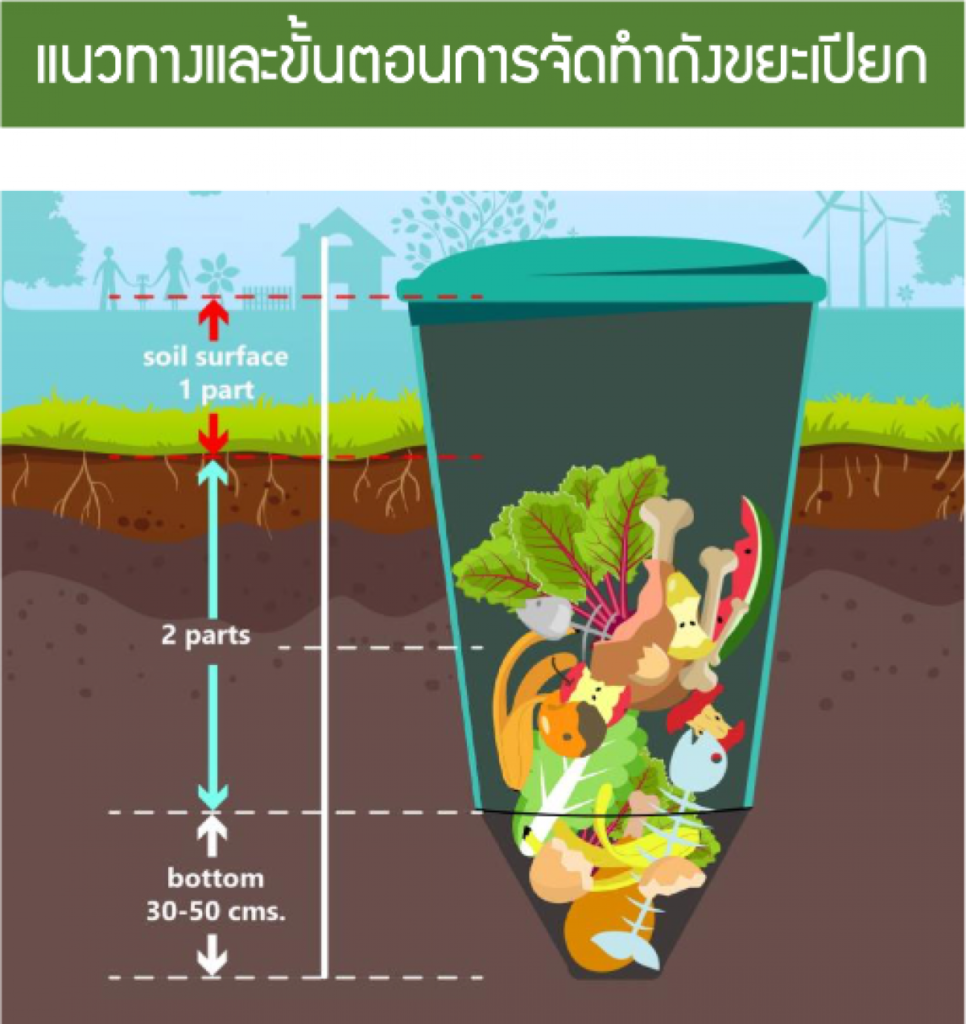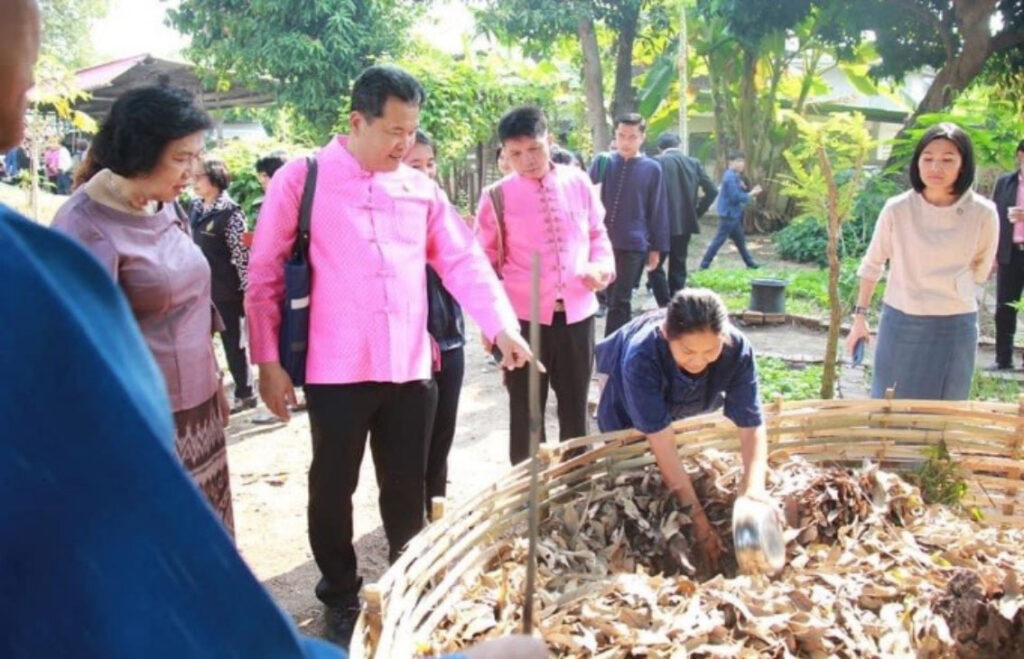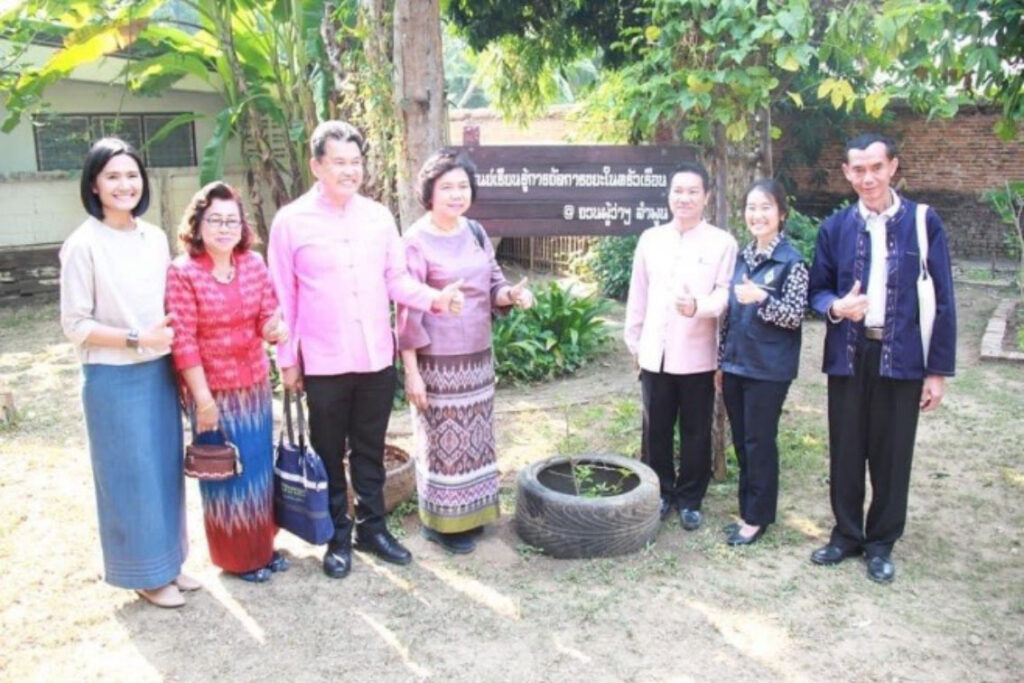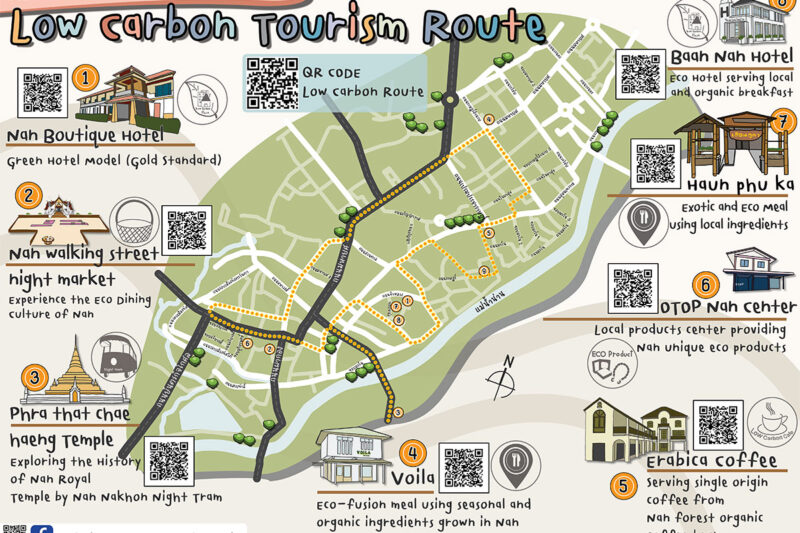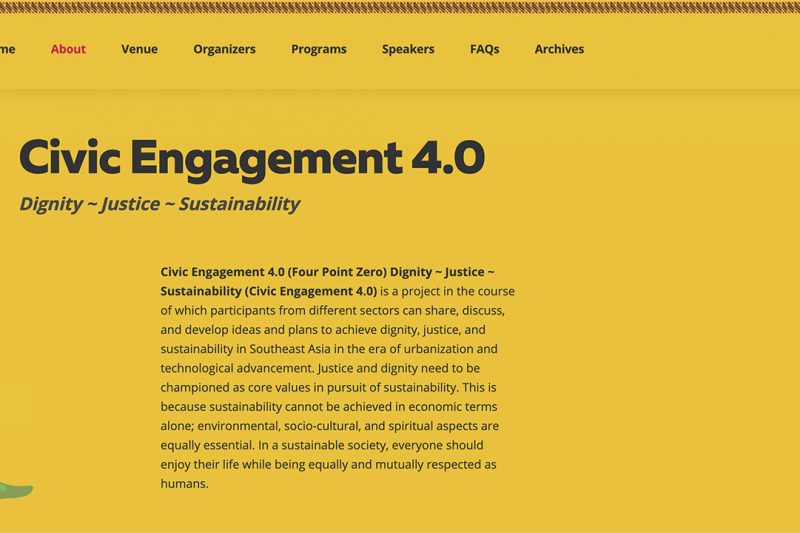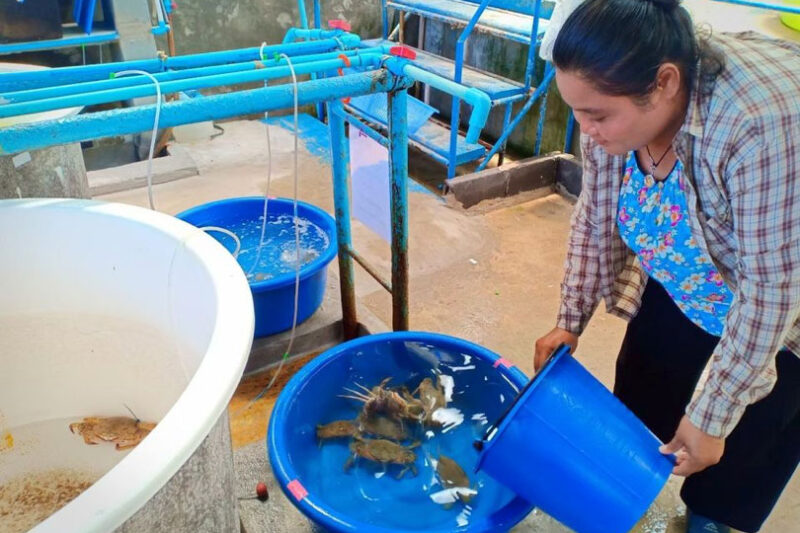National Food Waste Management Campaign of Local Administrative Organization in Thailand, an innovative contribution to Waste-to-Carbon Initiative
Photo by Salah Ait Mokhtar on Unsplash
“Chulalongkorn University, in partnership with Thailand’s Ministry of Interior, has implemented climate policies to meet national greenhouse gas reduction targets. Together, they developed a household-level waste segregation system under the National Food Waste Management Campaign, registered with the Thailand Voluntary Emission Reduction Program. Chulalongkorn University’s Department of Environmental Engineering played a key role in creating a method for reducing greenhouse gases by producing compost from organic waste. The project focuses on waste segregation at the source, which makes up 60% of total waste. A total of 7,773 local administrative organizations and 14 million households across 76 provinces have joined. Compost bins have reduced methane emissions, a greenhouse gas 28 times more potent than carbon dioxide. So far, over 2.5 million tons of food waste have been segregated, resulting in the certification of 366,394 tons of carbon dioxide equivalent, the same as planting 30 million trees.”
On January 29, 2019, Chulalongkorn University signed a Memorandum of Understanding (MoU) to integrate efforts in the development and promotion of food waste segregation through the use of compost bin. The collaboration included the Department of Local Administration, Ministry of Interior, Thailand Greenhouse Gas Management Organization, the Local Administration Ladies Association, and the National Council of Women of Thailand. The aim was to advance the National Food Waste Management Campaign for Local Administrative Organizations.
Professor Dr. Chanathip Pharino from the Department of Environmental Engineering at Chulalongkorn University led research efforts in creating the Greenhouse Gas Reduction Methodology, focused on producing compost from organic waste. The research evaluated food waste management and calculated the food waste generation rate among Thai citizens to estimate potential greenhouse gas reductions. Waste segregation at the source was seen as a way to reduce the national waste management burden while creating fertilizer, which could also lead to carbon credits.
Chulalongkorn University collected data from 3,592 households, 40 schools, and 80 child development centers across Lamphun, Lopburi, Loei, Songkhla, and Yasothon Provinces. Data was gathered for 28 days, covering household background, consumption behavior, and compost bin usage. After analyzing data from 97,300 households, it was found that the average food waste generation rate was 0.382 kilograms per person per day before water separation and 0.252 kilograms after.
These findings were used to assess the methodology for producing fertilizer from organic waste under the Thailand Voluntary Emission Reduction Program (T-VER). The program aimed to reduce greenhouse gas emissions from food waste by promoting compost bin usage. Food waste in landfills undergoes anaerobic decomposition, generating harmful gases like methane and carbon dioxide. Composting transforms this process into aerobic decomposition, which significantly lowers emissions.
Chulalongkorn University supported the National Food Waste Management Project by encouraging community involvement. Professor Dr.Chanathip Pharino, an advisor to the steering committee, provided guidance on waste management based on research methodologies. This involved field visits to educate local organizations and communities on compost bin use and ensuring accurate data for greenhouse gas reduction verification.
The project has been widely adopted, with 7,773 local administrative organizations across 76 provinces, or about 14 million households, participating in food waste segregation at the source. This initiative has reduced food waste by over 2.5 million tons, equivalent to 366,394 tons of carbon dioxide, which equals the impact of planting over 30 million trees. The project is expected to reduce 1.87 million tons of greenhouse gas emissions by 2026, surpassing Thailand’s target of 1.6 million tons.
The project has had significant environmental and economic impacts. Environmentally, it pioneered waste segregation, fostering sustainability at the community level. Economically, it turned waste into carbon credits, generating revenue for communities and improving livelihoods. Public and private sectors have supported the initiative by purchasing over 12,853 tons of carbon credits, resulting in community revenue of over 2.9 million Baht.
This success highlights the importance of participatory waste management in reducing greenhouse gas emissions and creating sustainable practices in Thai communities.
Weighing food waste before and after water separation to record in the form.
By Faculty of Engineering, Chulalongkorn University
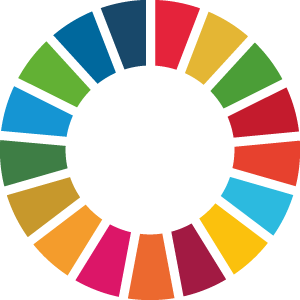
Related SDGs
Others
Civic Engagement 4.0: Justice, Dignity, Sustainability
Recognizing sustainability is attainable only through active participation of citizens and radical changes in ways we think and act, Chulalongkorn University collaborated with civil society, local governments, academic institutions of the region and beyond, in launching this regional platform.
Returning Smiles to the Community
Chula medical volunteers treat cleft lip and palate cases nationwide

